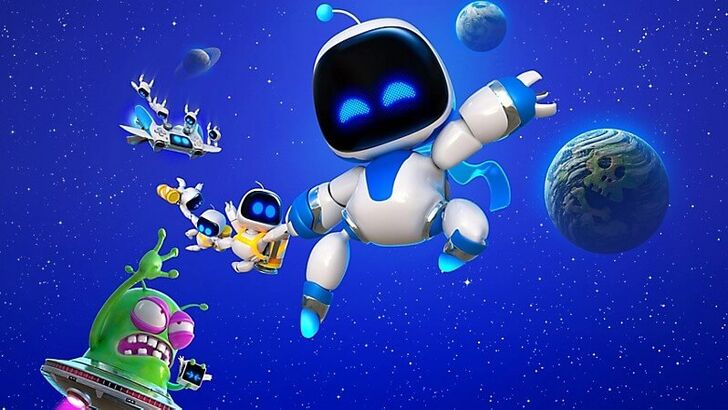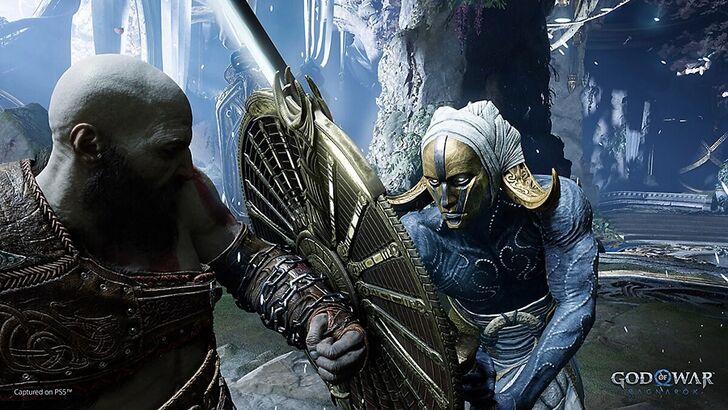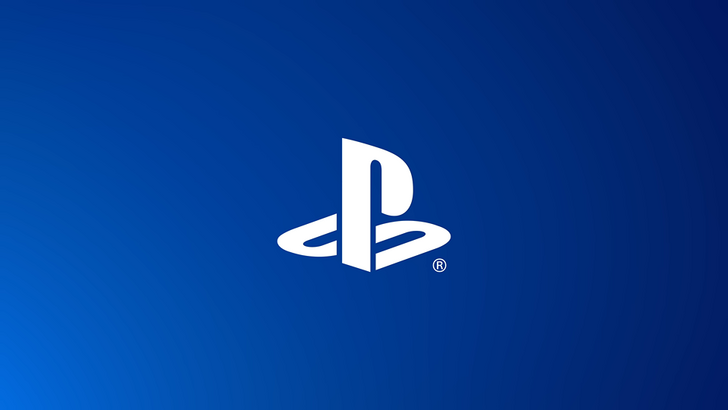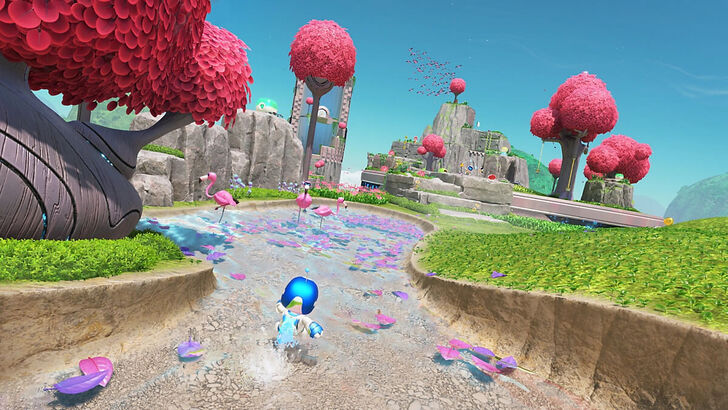PlayStation CEO Hermen Hulst: AI in Gaming – A Powerful Tool, Not a Replacement

In a recent interview with the BBC, PlayStation co-CEO Hermen Hulst discussed the burgeoning role of artificial intelligence (AI) in the gaming industry. While acknowledging AI's potential to revolutionize game development, Hulst emphasized the irreplaceable value of the "human touch."
A Balancing Act: AI and Human Creativity

Hulst's perspective reflects a growing sentiment within the gaming community. AI offers significant advantages in automating repetitive tasks, streamlining workflows, and accelerating prototyping. However, concerns remain about AI's potential impact on creative roles and the livelihoods of human developers, particularly voice actors, whose recent strike highlights these anxieties. A CIST market research survey revealed that 62% of game studios already utilize AI for tasks like rapid prototyping, concept art, asset creation, and world-building.
Hulst predicts a "dual demand" in the future: a market for both AI-driven innovation and meticulously crafted, human-centric game experiences. He stresses the importance of finding the right balance between leveraging AI's capabilities and preserving the unique creative contributions of human developers.
PlayStation's AI Strategy and Future Ambitions

PlayStation, celebrating its 30th anniversary, is actively involved in AI research and development, with a dedicated Sony AI department established in 2022. This commitment extends beyond gaming, with plans to expand PlayStation intellectual property (IP) into film and television. The upcoming Amazon Prime adaptation of God of War (2018) serves as an example of this broader multimedia strategy. Hulst aims to establish PlayStation as a major player in the wider entertainment landscape. This ambition may be linked to rumored acquisition talks with Kadokawa Corporation, a Japanese multimedia giant.
Lessons Learned from the PlayStation 3

Former PlayStation chief Shawn Layden offered valuable insights into the company's history, describing the PlayStation 3 (PS3) as an "Icarus moment"—a period of overly ambitious goals that ultimately led to challenges. Layden highlighted the importance of prioritizing core gaming experiences and avoiding the temptation to overextend into extraneous multimedia features. The PS4's success, he suggests, stemmed from a renewed focus on delivering a superior gaming experience.

 Home
Home  Navigation
Navigation






 Latest Articles
Latest Articles









 Latest Games
Latest Games












